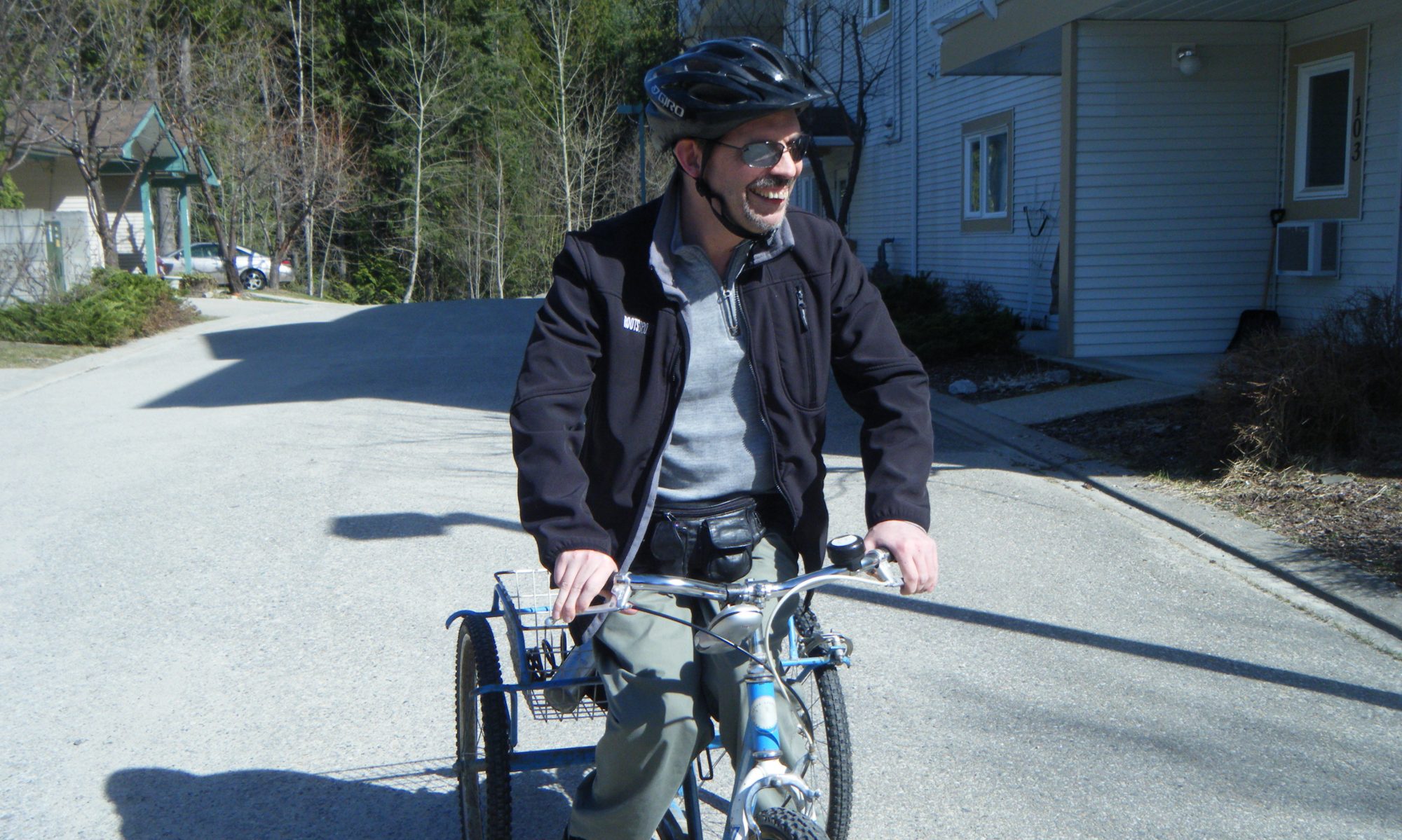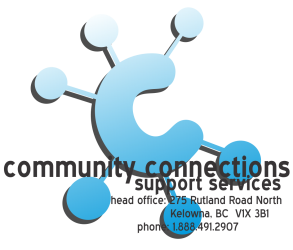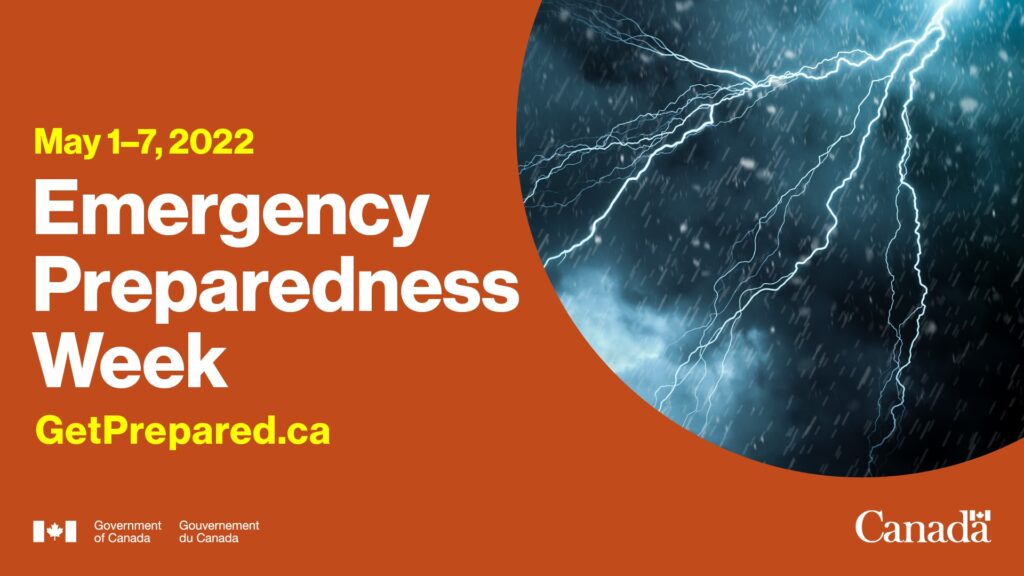Virtual Training
Mental Health First Aid
The Mental Health Commission of Canada reports that one in every five Canadians experiences a mental health problem within a given year. While we often know a lot about physical illness, there tends to be less knowledge about mental health or substance use problems. This lack of understanding leads to fear and negative attitudes towards individuals living with these problems. It prevents people from seeking help for themselves and from providing appropriate support to people around them.
What is Mental Health First Aid? This virtual certified 9-hour training course is a program of the Mental Health Commission of Canada. Participants will learn how to:
- Recognize signs that a person may be experiencing a decline in their mental well-being or a mental health or substance use crisis
- Have conversations that encourage a person to:
- talk about their mental well-being
- discuss professional and other supports that could help with recovery to improved mental well-being
- reach out to these supports
- Assist in a mental health or substance use crisis situation
- Check in with one’s own mental well -being and take action as needed
Course consists of 3 modules and will include discussion, videos, and scenarios
Module 1: Introduction to MHFA – Self Directed (approx. 2 hours)
- Introduction to the course
- Introduction to MHFA actions
- After registration, participants will be given a unique, individual code that will allow access to this module and will receive the MHFA Participant Reference Guide that outlines MHFA actions for developing mental health and substance use problems and mental health and substance use crises. Please note that the self-directed Module 1 does not have to be completed in one sitting, but it must be completed before attending Modules 2 and 3
Module 2: MHFA for Declining Mental Well-Being – Virtual Classroom Model (3.5 hours)
- Practice applying MHFA actions to situations of declining mental well-being
- Guidelines for MHFA conversations with people from diverse cultures and members of the 2SLGBTQ+ community
Module 3: MHFA for Crisis Situations – Virtual Classroom Model (3.5 hours)
- Discussion on using MHFA actions for self-care
- Practice using MHFA actions in crisis situations
Available dates and times:
Module 2 – Thursday, June 8 – 9:00-12:30 PST
Module 3 – Friday, June 9 – 9:00-12:30 PST
Requirements
Participants must complete the self directed 2-hour Module 1 before attending the virtual Modules 2 and 3. Attendance is required at both virtual modules in order to receive a certificate. Participants must have access to Zoom (zoom meeting ID and password will be given after registration) and a computer with microphone capabilities. A working camera is highly recommended.
Registration
Cost is $225.00 per person and includes a certificate of completion. Please note that each session is limited to 15 participants and spaces fill up quickly. To register or for more information, please call or email:
Lori Veltkamp 403-942-5250 Email: loriveltkamp@mentalhealthready.com







